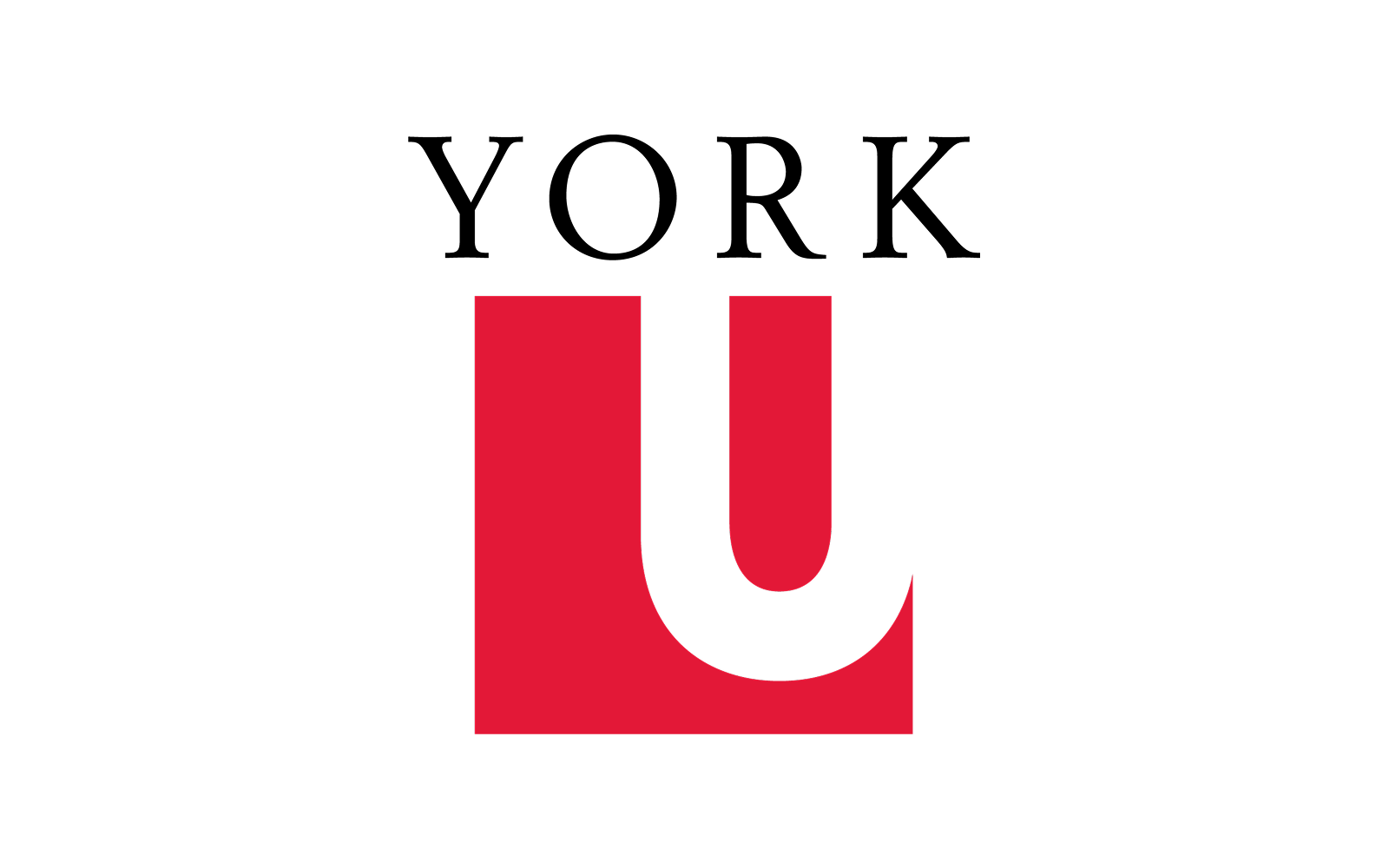Research
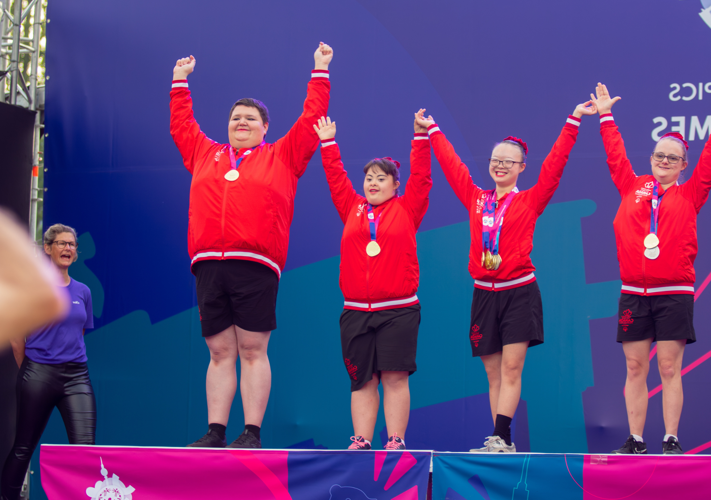
Special Olympics Canada was rooted in research. From Dr. Hayden’s work in the early sixties to the continued findings that happen internationally, research has played a major role of the advancement and development of individuals with an intellectual disability, and the Special Olympics movement as a whole.
Building on previous work and areas of future interest Special Olympics Canada funds a research program annually to promote and support research activities within the academic field, while striving for further ways to service the athlete population. These research opportunities ultimately enhance athlete development and performance and can play a major role with coach development in Special Olympics.
Coaching
Health
-
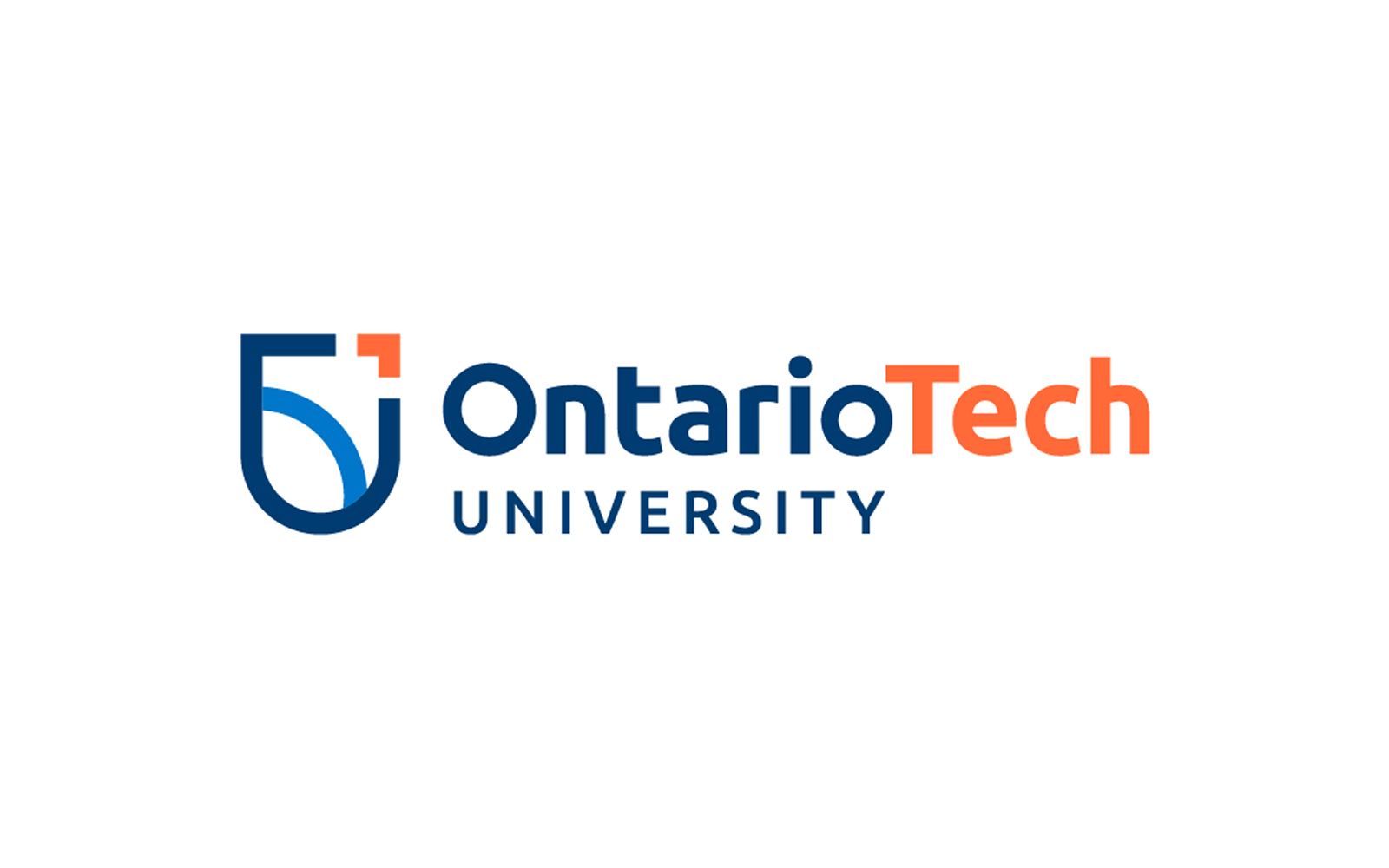 DepressionNew research led by researchers in the Faculty of Health Sciences at Ontario Tech University has examined the depression status of more than 51,000 young adults with intellectual and developmental disabilities in Ontario from 1995 to 2015.
DepressionNew research led by researchers in the Faculty of Health Sciences at Ontario Tech University has examined the depression status of more than 51,000 young adults with intellectual and developmental disabilities in Ontario from 1995 to 2015. -
 DiabetesNew research led by the Faculty of Health Sciences at Ontario Tech University and published in Diabetic Medicine has revealed that participation in Special Olympics programming is associated with a significantly lower risk of diabetes among adults with intellectual and developmental disabilities.
DiabetesNew research led by the Faculty of Health Sciences at Ontario Tech University and published in Diabetic Medicine has revealed that participation in Special Olympics programming is associated with a significantly lower risk of diabetes among adults with intellectual and developmental disabilities. -
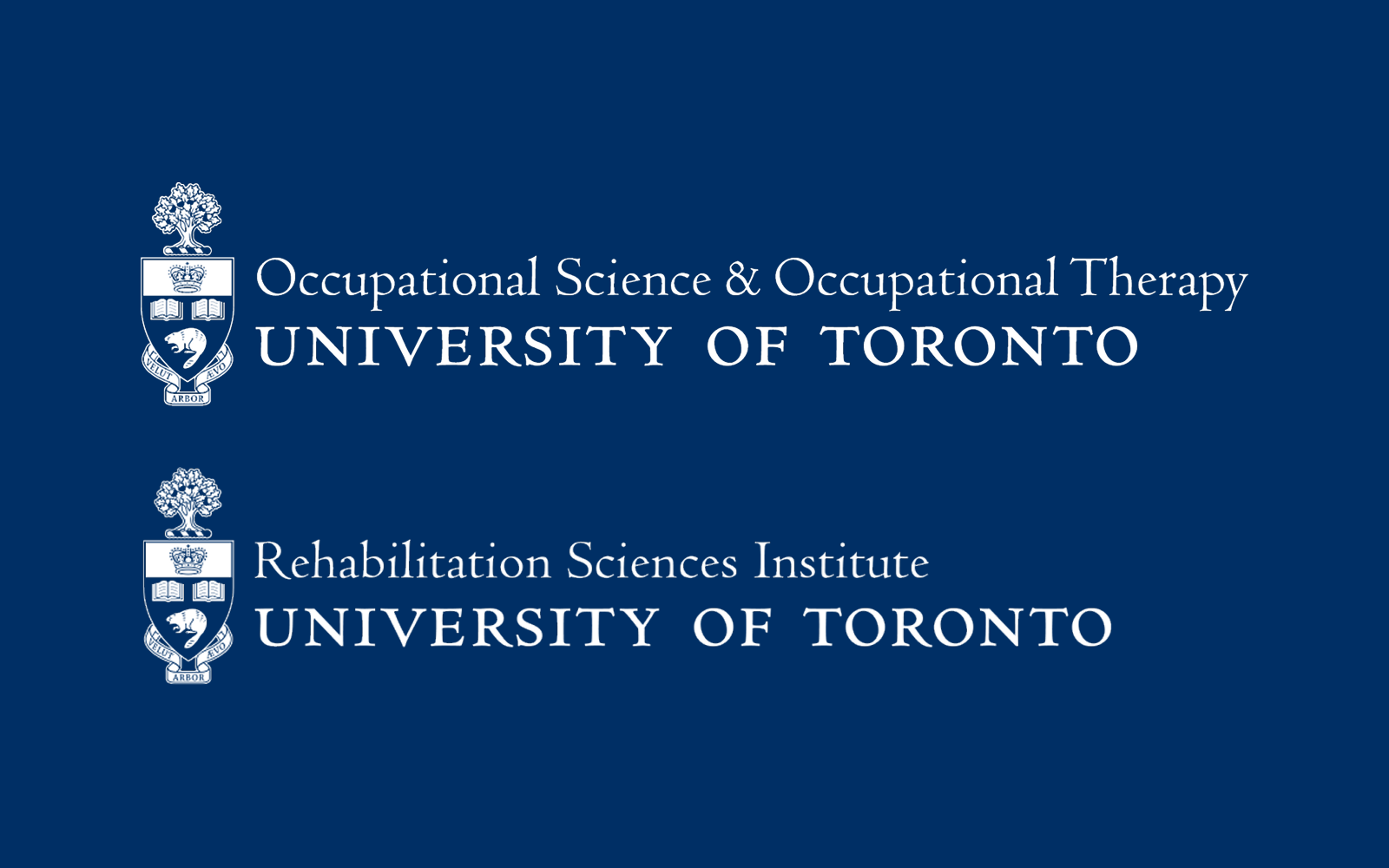 Wellness in Action: What Do Wellness Principles Look Like in Real-World Special Olympics Practices, and how can they be supported?This research project served as a follow-up phase to explore whether these principles were already being reflected in Special Olympics Canada sports programs and how they were being put into practice. The goals were to identify wellness principles currently being used and share real-world examples for future program planning.
Wellness in Action: What Do Wellness Principles Look Like in Real-World Special Olympics Practices, and how can they be supported?This research project served as a follow-up phase to explore whether these principles were already being reflected in Special Olympics Canada sports programs and how they were being put into practice. The goals were to identify wellness principles currently being used and share real-world examples for future program planning.
-
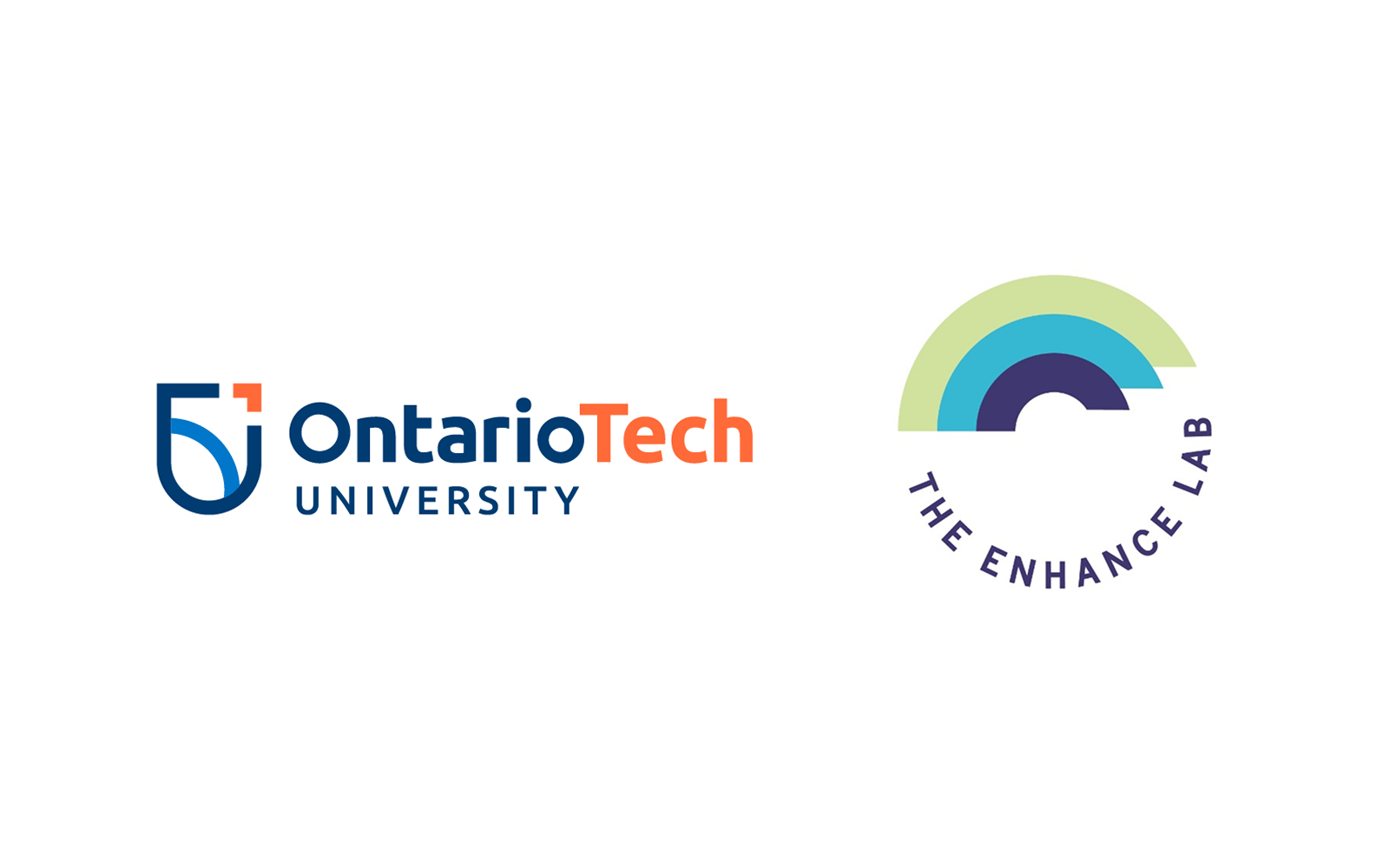 Coping Strategies of Special Olympics Athletes in Canada: The Connection between Coping and Overall Health BehavioursThis project looked at how Special Olympics athletes with intellectual and developmental disabilities (IDD) handle stress and how their coping strategies may affect their health. We collected health information from athletes during the 2020 National Games in Thunder Bay through the Healthy Athletes program.
Coping Strategies of Special Olympics Athletes in Canada: The Connection between Coping and Overall Health BehavioursThis project looked at how Special Olympics athletes with intellectual and developmental disabilities (IDD) handle stress and how their coping strategies may affect their health. We collected health information from athletes during the 2020 National Games in Thunder Bay through the Healthy Athletes program. -
 Pay Attention to Hypertension (PAtH)PAtH is a 6-month virtual program designed to improve heart health in athletes at risk. Nurses led the program, providing education on checking blood pressure and building healthy habits.
Pay Attention to Hypertension (PAtH)PAtH is a 6-month virtual program designed to improve heart health in athletes at risk. Nurses led the program, providing education on checking blood pressure and building healthy habits. -
 Food Security among Adults with Intellectual DisabilitiesThis project examined food security among individuals with ID in Ontario, focusing on consistent access to safe, healthy food during the COVID-19 pandemic
Food Security among Adults with Intellectual DisabilitiesThis project examined food security among individuals with ID in Ontario, focusing on consistent access to safe, healthy food during the COVID-19 pandemic
-
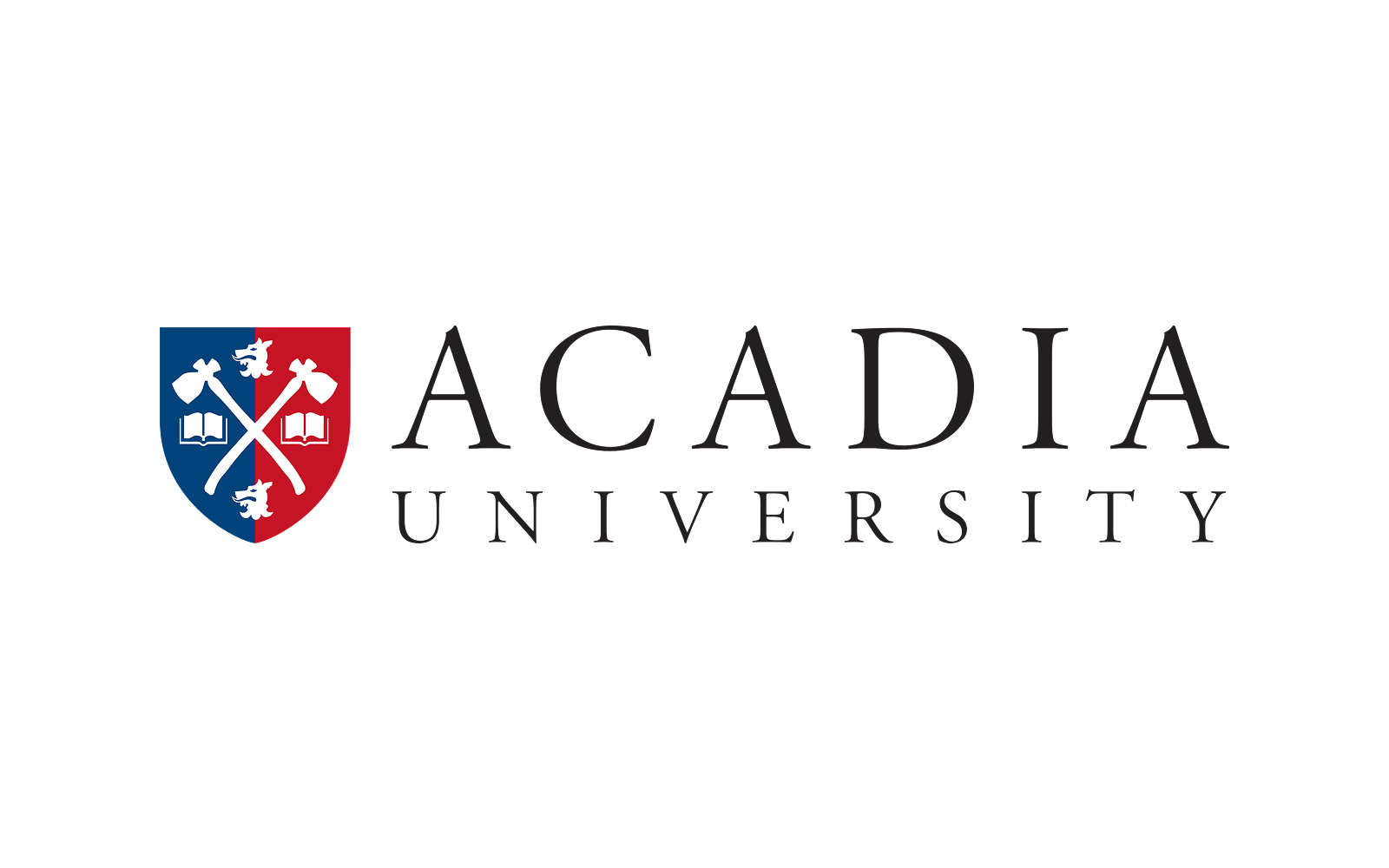 Feasibility and Impact of Virtual S.M.I.L.E. on physical literacy and physical activity among individuals with disabilitiesThe Sensory Motor Instructional Leadership Experience (S.M.I.L.E) program provides individuals with varying disabilities with a unique physical activity experience aimed at promoting lifelong movement through physical literacy.
Feasibility and Impact of Virtual S.M.I.L.E. on physical literacy and physical activity among individuals with disabilitiesThe Sensory Motor Instructional Leadership Experience (S.M.I.L.E) program provides individuals with varying disabilities with a unique physical activity experience aimed at promoting lifelong movement through physical literacy. -
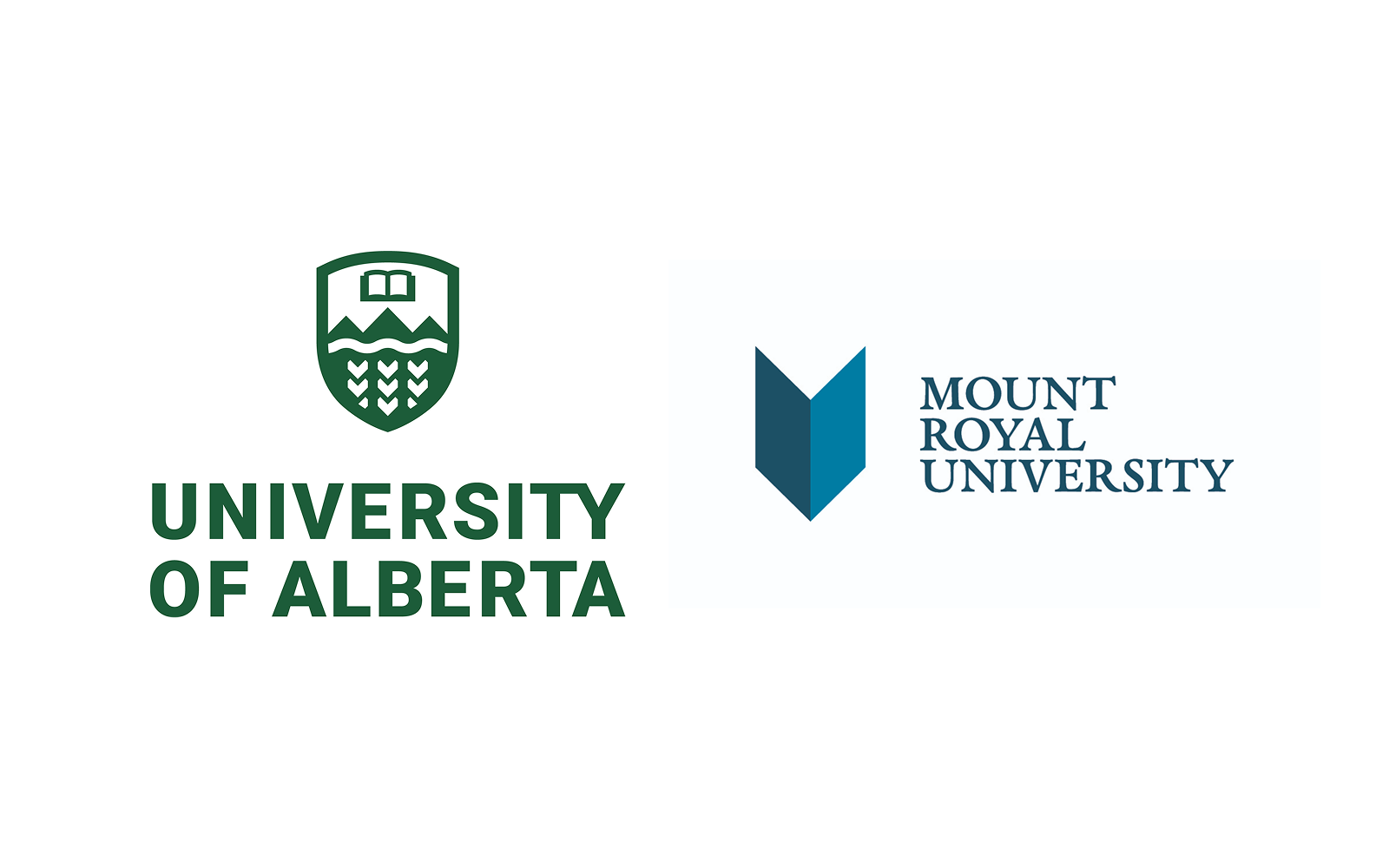 Towards Increased Health Care Professional Engagement in Special Olympics Canada: Potential Roles for Canadian PhysiotherapistsThis study explored how pediatric physiotherapists in Canada support children with disabilities in accessing community-based physical activity programs, particularly Special Olympics Canada.
Towards Increased Health Care Professional Engagement in Special Olympics Canada: Potential Roles for Canadian PhysiotherapistsThis study explored how pediatric physiotherapists in Canada support children with disabilities in accessing community-based physical activity programs, particularly Special Olympics Canada. -
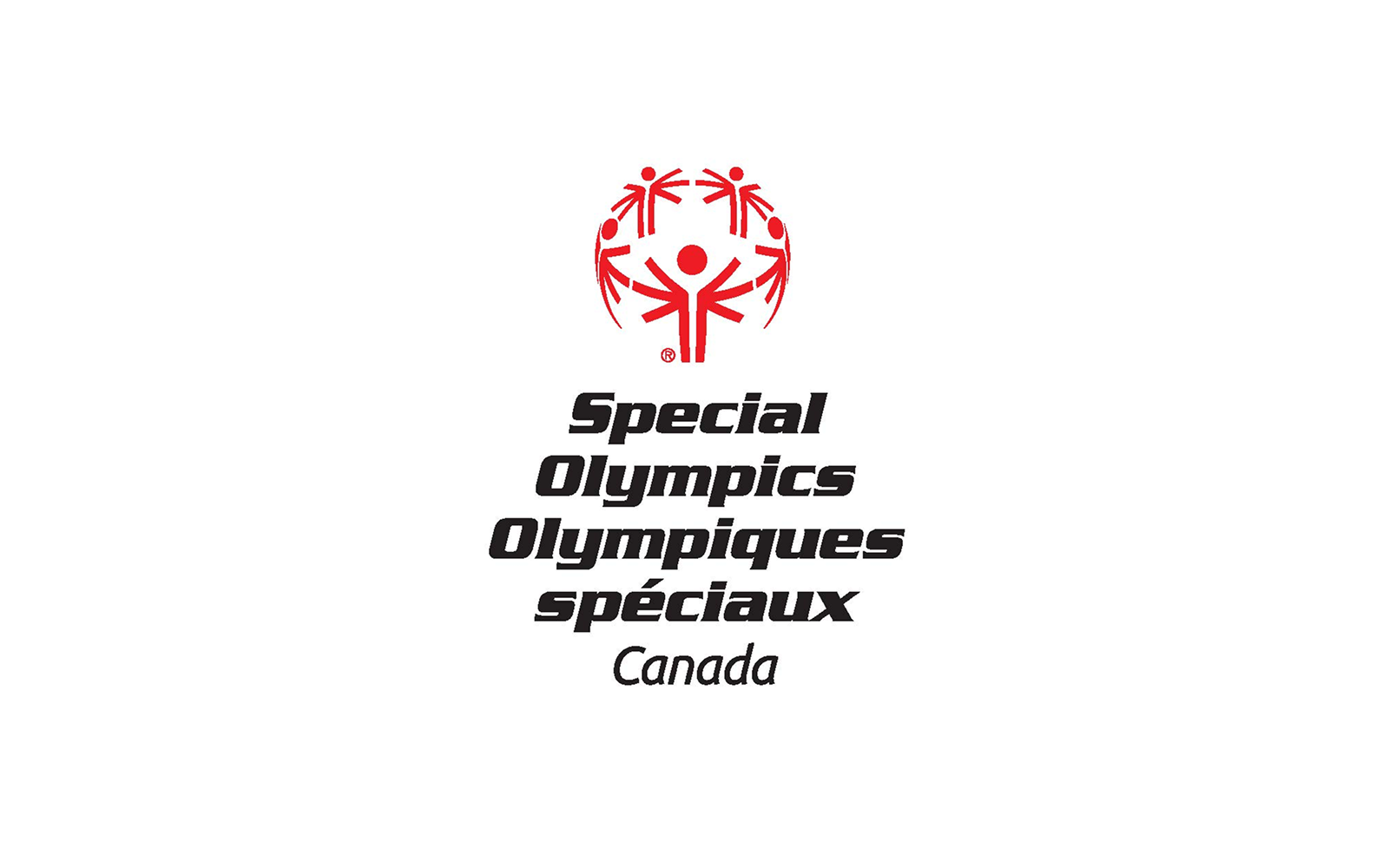 The Feasibility and Outcomes of an Asynchronous Caregiver Wellness CourseThis 6-week course was created together with caregivers and health professionals and covered important topics like how to talk to doctors, build healthy routines such as sleep, nutrition, and movement, manage stress, sadness, and change, and take care of your own health as a caregiver.
The Feasibility and Outcomes of an Asynchronous Caregiver Wellness CourseThis 6-week course was created together with caregivers and health professionals and covered important topics like how to talk to doctors, build healthy routines such as sleep, nutrition, and movement, manage stress, sadness, and change, and take care of your own health as a caregiver.
-
 Using Fit-5 Resources to Increase Care Providers’ Awareness of Special Olympics and their Ability to Implement Physical ActivityWe introduced care providers from Community Living Victoria to Fit 5, a Special Olympics program that promotes healthy habits through exercise, nutrition, and hydration. Our goal was to build care providers’ confidence and give them simple tools to use Fit 5 in group homes.
Using Fit-5 Resources to Increase Care Providers’ Awareness of Special Olympics and their Ability to Implement Physical ActivityWe introduced care providers from Community Living Victoria to Fit 5, a Special Olympics program that promotes healthy habits through exercise, nutrition, and hydration. Our goal was to build care providers’ confidence and give them simple tools to use Fit 5 in group homes. -
 ACES: Athlete COVID Experience SurveyCOVID-19 has significantly affected the health and well-being of individuals with intellectual disabilities (ID). Individuals with ID have experienced reduced levels of physical activity and worsened mental health.
ACES: Athlete COVID Experience SurveyCOVID-19 has significantly affected the health and well-being of individuals with intellectual disabilities (ID). Individuals with ID have experienced reduced levels of physical activity and worsened mental health. -
 Special Olympics Education Tool (SOET) to Support Health Behaviours and Activities of Daily LivingThe Special Olympics Education Tool (SOET) is offered for free for individuals with IDD. It is offered through a virtual platform, and can be accessed at an individual’s home, addressing the barrier of transportation.
Special Olympics Education Tool (SOET) to Support Health Behaviours and Activities of Daily LivingThe Special Olympics Education Tool (SOET) is offered for free for individuals with IDD. It is offered through a virtual platform, and can be accessed at an individual’s home, addressing the barrier of transportation.
-
 Understanding My Strong Mind: Promoting Mental Health Literacy of Special Olympics Athletes and CoachesThe research team, along with Special Olympics athletes, caregivers, and coaches, worked together to create a mental health literacy tool called Understanding My Strong Mind. The purpose of this tool is to help identify mental health concerns among individuals with ID.
Understanding My Strong Mind: Promoting Mental Health Literacy of Special Olympics Athletes and CoachesThe research team, along with Special Olympics athletes, caregivers, and coaches, worked together to create a mental health literacy tool called Understanding My Strong Mind. The purpose of this tool is to help identify mental health concerns among individuals with ID. -
 Integrating Wellness Promotion into Special Olympics Canada ProgrammingSpecial Olympics Canada partnered with Holland Bloorview Kids Rehabilitation Hospital to explore how athletes define wellness. They found that wellness is rooted in strengths, rather than limitations, and varies by individual.
Integrating Wellness Promotion into Special Olympics Canada ProgrammingSpecial Olympics Canada partnered with Holland Bloorview Kids Rehabilitation Hospital to explore how athletes define wellness. They found that wellness is rooted in strengths, rather than limitations, and varies by individual. -
 The Impact of Multiple Objects Tracking (MOT) on Individuals with Intellectual DisabilitiesNeuroTracker trains multiple objects tracking (MOT), a skill that helps the brain follow several moving objects at once. This project explored whether MOT training could improve thinking skills in Special Olympics athletes with ID by assessing its suitability, effectiveness, and impact on memory and attention.
The Impact of Multiple Objects Tracking (MOT) on Individuals with Intellectual DisabilitiesNeuroTracker trains multiple objects tracking (MOT), a skill that helps the brain follow several moving objects at once. This project explored whether MOT training could improve thinking skills in Special Olympics athletes with ID by assessing its suitability, effectiveness, and impact on memory and attention.
Physical Literacy
Unified
-
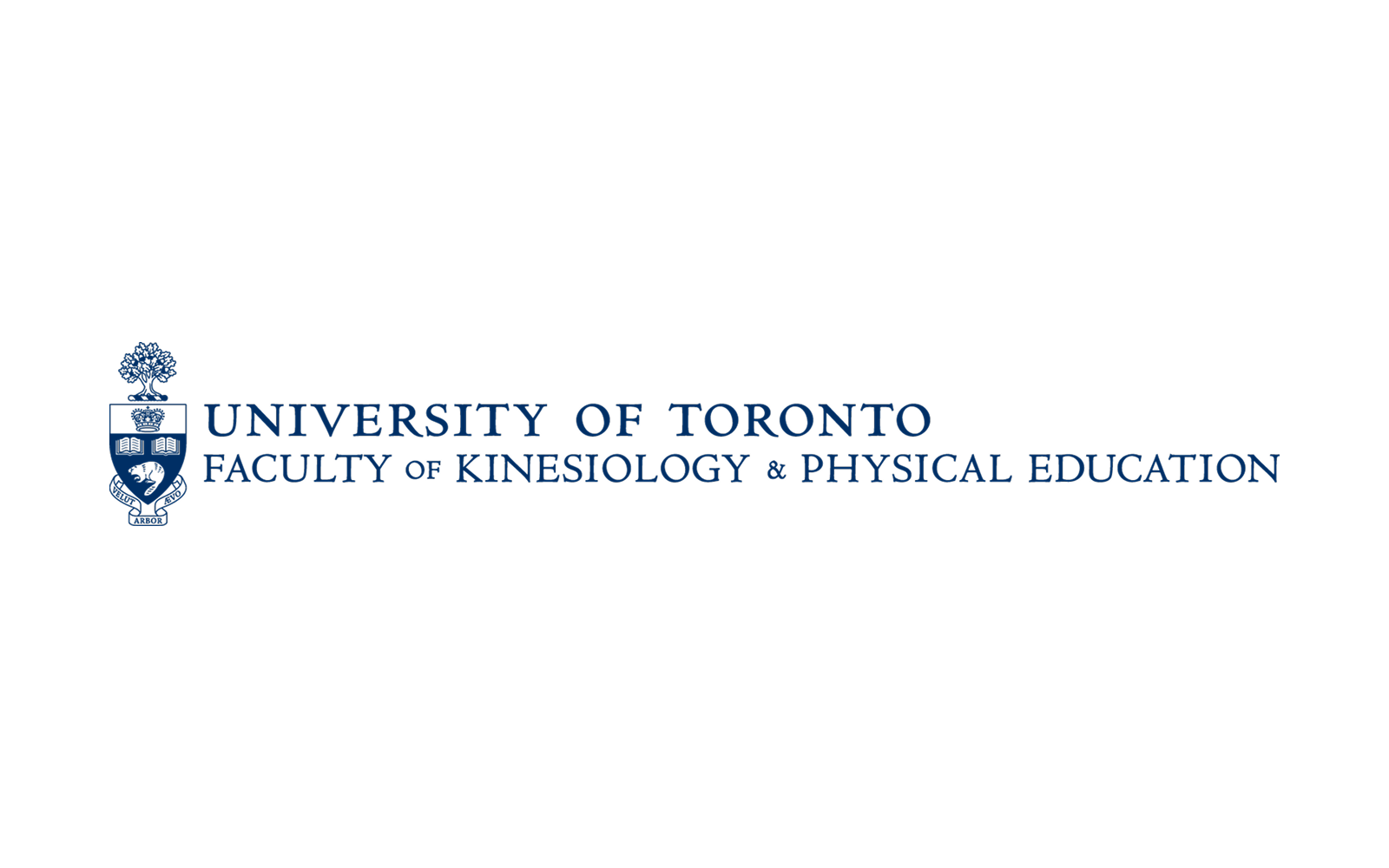 Project Title: Co-Production of Mixed Abilities Education Curriculum for Youth with and without Intellectual and Developmental DisabilitiesThis research project was led by Dr. Kelly Arbour-Nicitopoulos and her team, in collaboration with Special Olympics Ontario (SOO). The goal was to understand what youth with intellectual and developmental disabilities (IDD), youth without IDD, and school staff think about the importance and benefits of Unified Physical Education (PE) programs in schools. The study involved 3 youth with IDD, 6 youth without IDD, and 11 school staff (teachers and administrators) at a school in Toronto, Ontario, Canada. The project was done in two parts.
Project Title: Co-Production of Mixed Abilities Education Curriculum for Youth with and without Intellectual and Developmental DisabilitiesThis research project was led by Dr. Kelly Arbour-Nicitopoulos and her team, in collaboration with Special Olympics Ontario (SOO). The goal was to understand what youth with intellectual and developmental disabilities (IDD), youth without IDD, and school staff think about the importance and benefits of Unified Physical Education (PE) programs in schools. The study involved 3 youth with IDD, 6 youth without IDD, and 11 school staff (teachers and administrators) at a school in Toronto, Ontario, Canada. The project was done in two parts. -
 Quality Participation Experiences in Special Olympics Sports ProgramsA quality sports experience is shaped by autonomy, belongingness, challenge, mastery, engagement, and meaning. Athletes reported positive experiences, with stronger belonging leading to greater engagement. However, the study revealed gaps in inclusion between athletes and coaches in Unified sports. Parents of Unified athletes played a key role but often struggled to balance support, independence, and life skills. Many felt unclear about their role, making it harder to guide their child.
Quality Participation Experiences in Special Olympics Sports ProgramsA quality sports experience is shaped by autonomy, belongingness, challenge, mastery, engagement, and meaning. Athletes reported positive experiences, with stronger belonging leading to greater engagement. However, the study revealed gaps in inclusion between athletes and coaches in Unified sports. Parents of Unified athletes played a key role but often struggled to balance support, independence, and life skills. Many felt unclear about their role, making it harder to guide their child.


